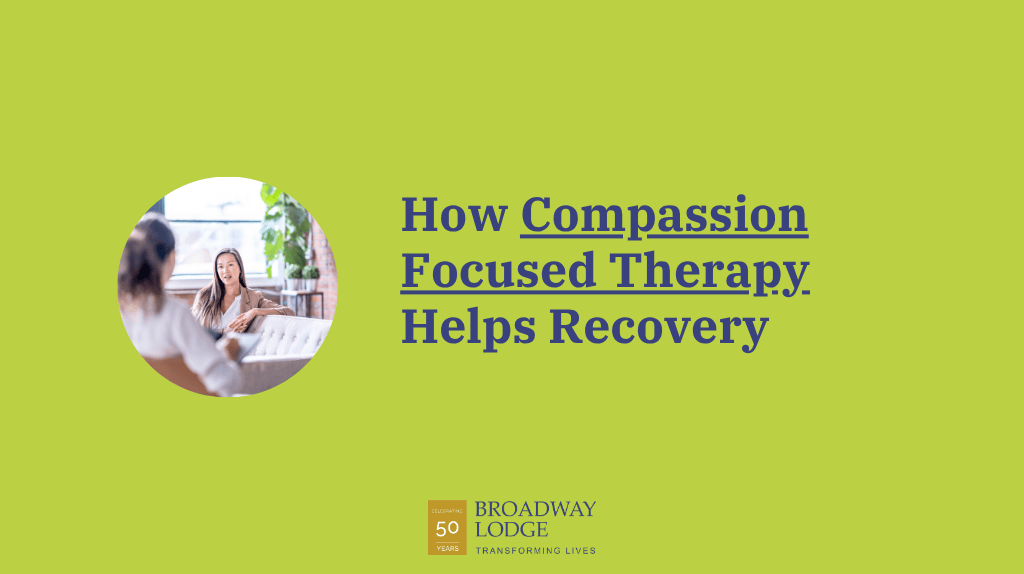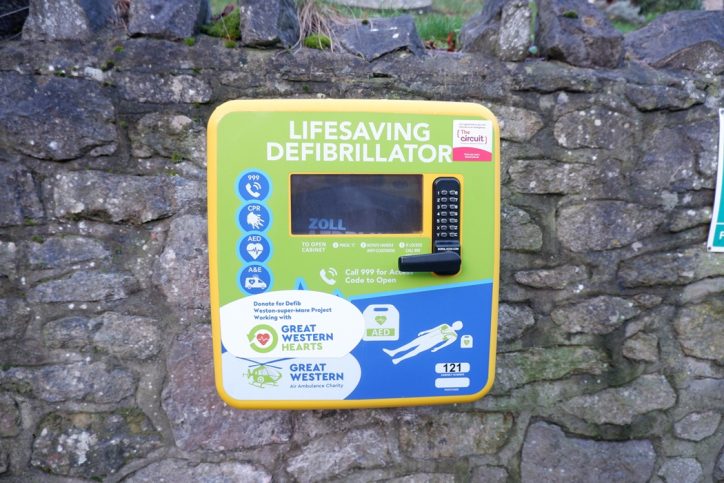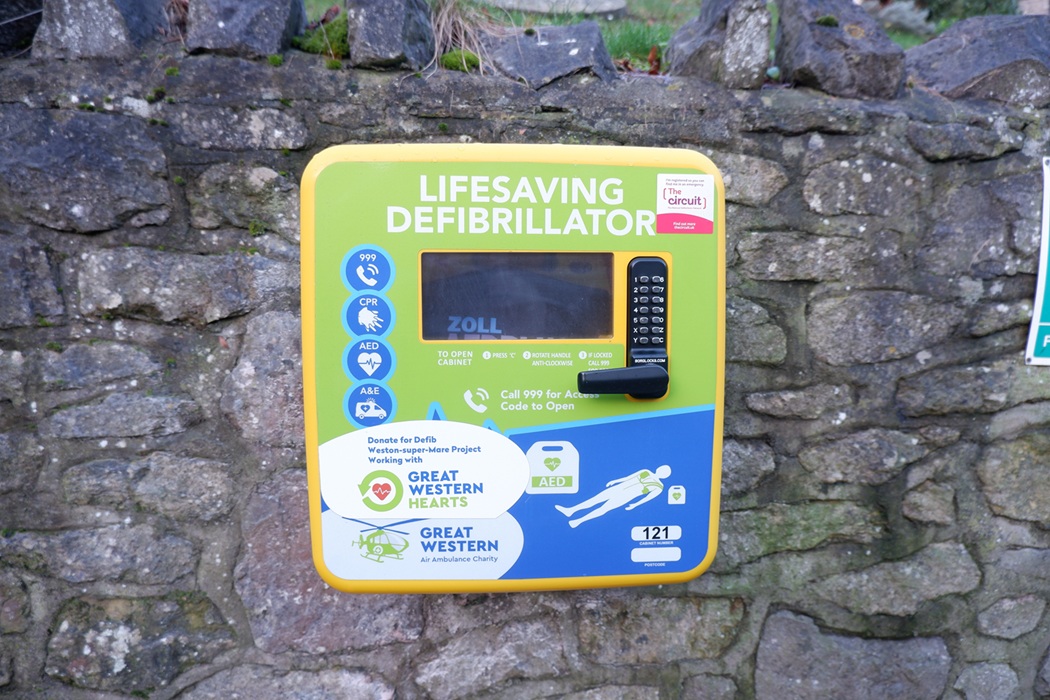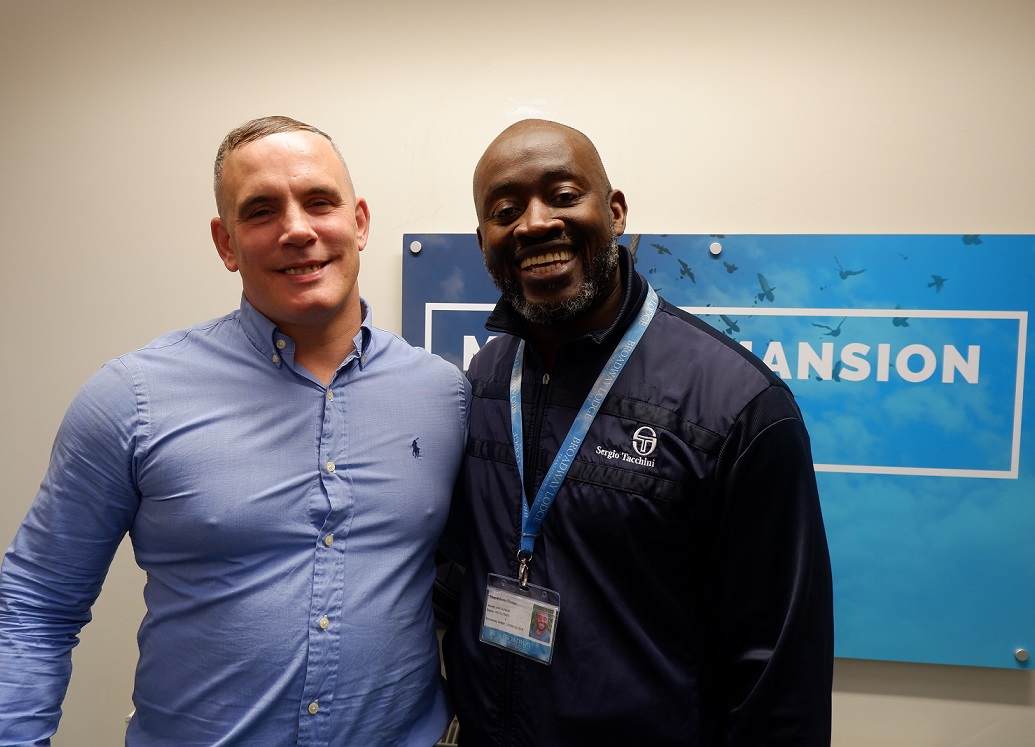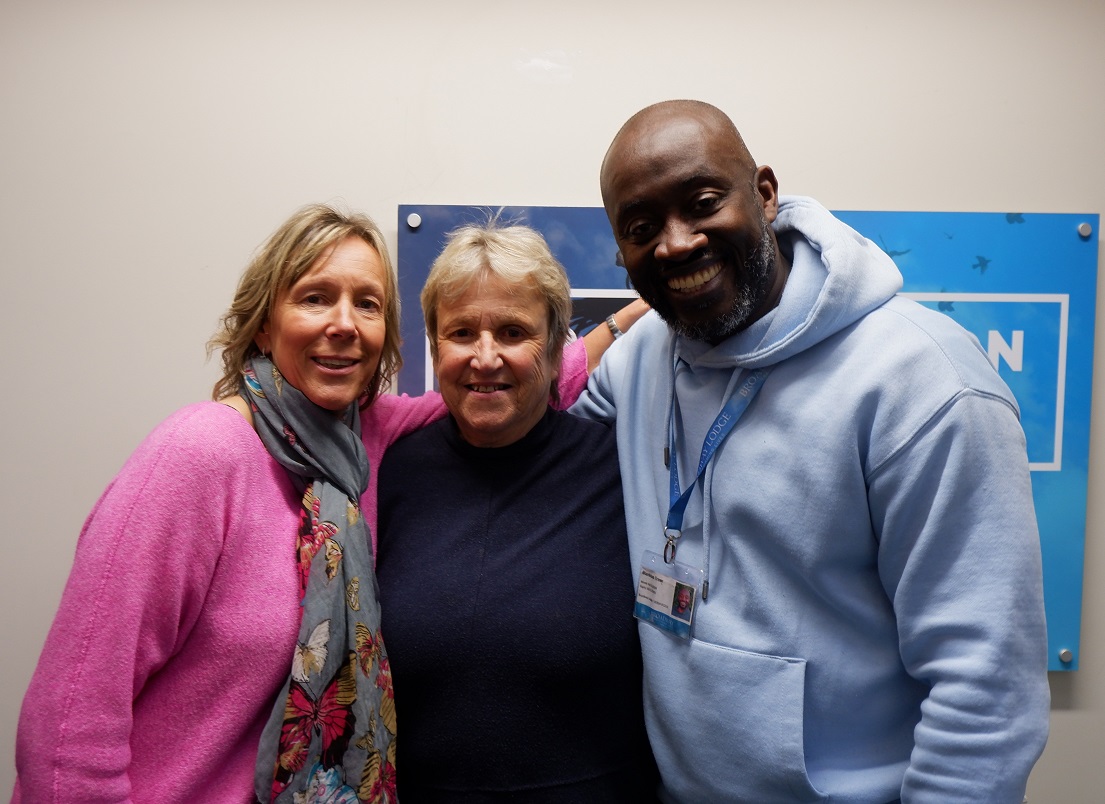CFT helps develop self-compassion to manage difficult emotions and self-criticism.
It is effective for those with shame, anxiety, and addiction.
The journey to recovery often involves confronting difficult truths and challenging emotions. For many who struggle with addiction, feelings of shame, guilt and self-criticism can be overwhelming obstacles to healing. These internal battles can make it hard to believe that change is possible. But what if there was a way to quiet that critical inner voice and cultivate a sense of self-worth and kindness?
This is where Compassion Focused Therapy (CFT) offers a powerful and gentle path forward. It is a therapeutic approach designed to help individuals develop compassion for themselves and others, which can be transformative in helping to overcome addiction and mental health challenges.
At Broadway Lodge, we have seen first-hand how integrating CFT into our treatment programmes helps clients build the emotional resilience needed for lasting recovery. This article will explore what Compassion Focused Therapy is, how it works and who can benefit from its principles.
What is Compassion Focused Therapy?
Developed by Professor Paul Gilbert, Compassion Focused Therapy is a psychological approach that combines techniques from cognitive-behavioural therapy (CBT) with insights from evolutionary psychology, neuroscience and mindfulness. At its heart, CFT is based on a simple but profound idea: many of our mental health struggles, including addiction, are rooted in an overactive threat system and a powerful inner critic.
Our brains have evolved with three main emotion regulation systems:
- The Threat System: This is our “fight, flight, or freeze” response. It’s designed to keep us safe from danger and triggers feelings like anger, anxiety and disgust. For those with a history of trauma or addiction, this system can be constantly on high alert.
- The Drive System: This system motivates us to seek out rewards and resources. It’s associated with feelings of excitement, desire and pleasure. In addiction, this system becomes hijacked by the pursuit of substances.
- The Soothing System: This system is linked to feelings of contentment, safety and connection. It’s activated when we feel cared for and safe. CFT helps to strengthen this system, which is often underdeveloped in individuals struggling with shame and self-criticism.
CFT aims to rebalance these systems by intentionally cultivating our capacity for compassion. It teaches us how to activate our soothing system to better manage distressing emotions and develop a kinder, more supportive relationship with ourselves.
Who Can Benefit from CFT?
While CFT can be beneficial for a wide range of people, it is particularly effective for individuals who experience high levels of shame and self-criticism. These feelings are extremely common among those battling addiction.
Shame can be a deeply painful emotion that makes you feel worthless or flawed. It’s different from guilt, which is feeling bad about something you’ve done. Shame is feeling bad about who you are. This internalised negativity can fuel the cycle of addiction, as substances are often used to escape these unbearable feelings.
CFT is designed to help people who:
- Struggle with a harsh inner critic that constantly puts them down.
- Find it difficult to feel kindness or warmth towards themselves.
- Are prone to feelings of shame, anxiety or depression.
- Have a history of trauma, neglect or abuse.
- Feel stuck in a cycle of addictive behaviour driven by negative self-perception.
By directly targeting the roots of shame, CFT provides the tools to break free from this destructive cycle and build a foundation of self-acceptance.
How Does Compassion Focused Therapy Work?
CFT is not just about “being nicer to yourself.” It is an active and structured therapeutic process that involves specific practices and exercises designed to retrain the brain. It helps individuals understand why their minds work the way they do and gives them practical skills to change their relationship with their thoughts and feelings.
Key components of CFT include:
1. Psychoeducation
The first step is understanding the science behind our emotions. Learning about the three-systems model of the brain helps clients see that their struggles are not a sign of personal failure but a result of natural, evolved brain functions. This knowledge itself can reduce feelings of shame and self-blame. Realising that your brain is simply trying to protect you, even if its methods are unhelpful, can be a huge relief.
2. Mindfulness Practices
CFT incorporates mindfulness to help individuals become more aware of their thoughts and feelings without being overwhelmed by them. Through guided meditations and exercises, you learn to observe your inner critic from a distance rather than getting caught up in its stories. This creates the mental space needed to choose a more compassionate response.
3. Compassionate Mind Training
This is the core of CFT. It involves a series of exercises designed to stimulate the soothing system and cultivate a compassionate mindset. These practices might include:
- Soothing Rhythm Breathing: A specific breathing technique that helps to calm the nervous system.
- Compassionate Imagery: Visualising a compassionate figure or creating an ideal “compassionate self” to offer warmth, wisdom, and support.
- Compassionate Letter Writing: Writing letters to yourself from the perspective of your compassionate self, offering understanding and encouragement.
These exercises are like going to the gym for your brain—they strengthen the neural pathways associated with compassion and self-soothing.
Compassion Focused Therapy at Broadway Lodge
At Broadway Lodge, we recognise that addiction is often intertwined with deep-seated emotional pain. That’s why we have made Compassion Focused Therapy a key part of our holistic approach to recovery. We believe that true healing involves more than just abstinence; it requires a fundamental shift in how our clients relate to themselves.
Our dedicated therapists, including our specialist in CFT, guide clients through this gentle yet powerful process. Therapy is delivered in a safe and supportive environment, both in one-to-one sessions and in group settings. This allows clients not only to develop self-compassion but also to experience compassion from others, which is a vital part of healing.
By integrating CFT, we help our clients:
- Reduce Shame and Self-Blame: They learn that their addiction is not a moral failing but a complex condition influenced by their biology and life experiences.
- Develop Emotional Resilience: By strengthening their soothing system, they become better equipped to handle stress and cravings without resorting to substances.
- Build a Foundation for Self-Care: Compassion naturally leads to better self-care. Clients learn to treat themselves with the kindness and respect they deserve.
This compassionate approach underpins our entire therapeutic community, creating a culture of non-judgment and mutual support that empowers individuals to heal and thrive.
Please note – Participation in CFT groups and/or individual CFT sessions is based on a referral from the client’s focal counsellor during treatment. Access is also dependent on the length of stay.
A Kinder Path to Recovery
The journey of recovery is challenging, but it doesn’t have to be a battle waged against yourself. Learning to tame your inner critic and cultivate a warm, supportive inner ally can help you to build a life free from the grips of addiction and shame.
For more information about the addiction treatment we provide at Broadway Lodge, download our brochure or get in touch. We’re here for you, every step of the way.

